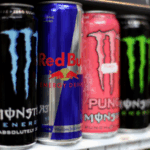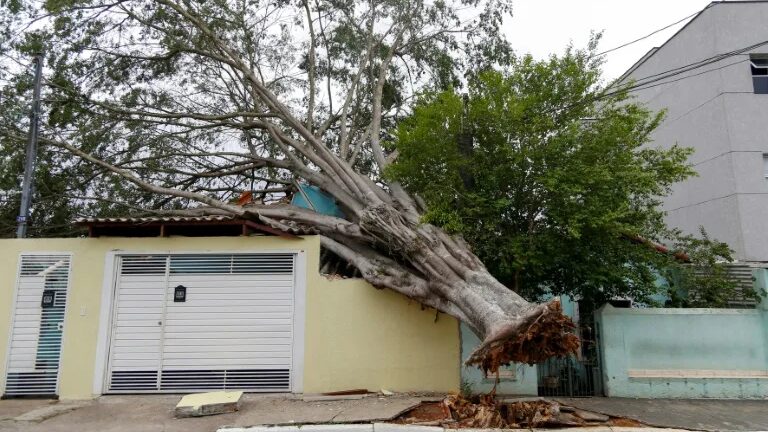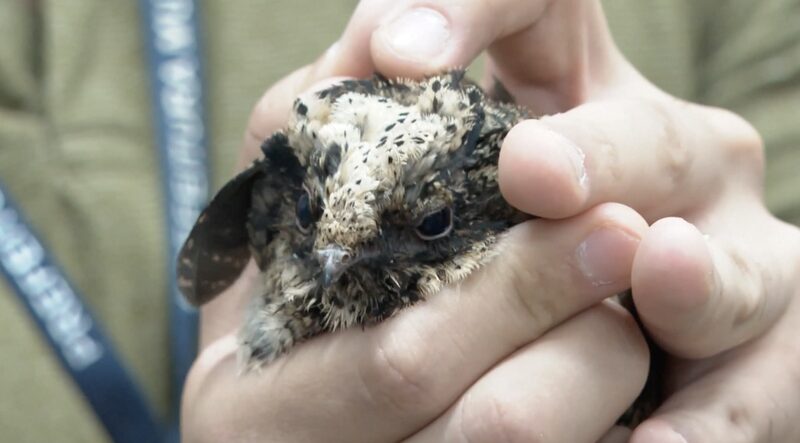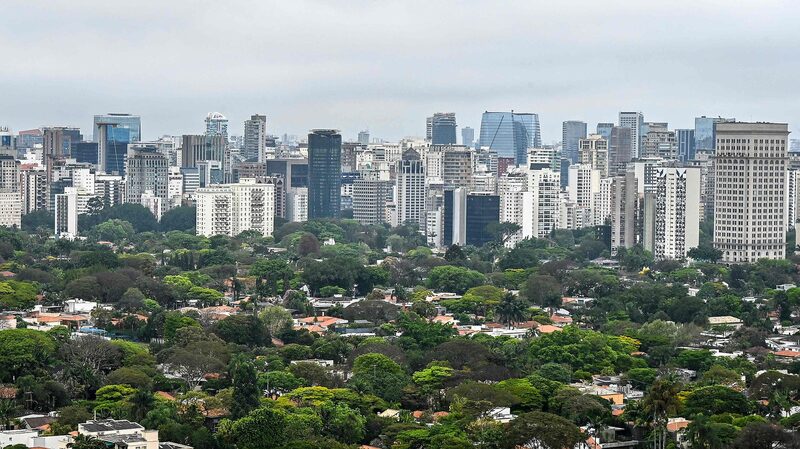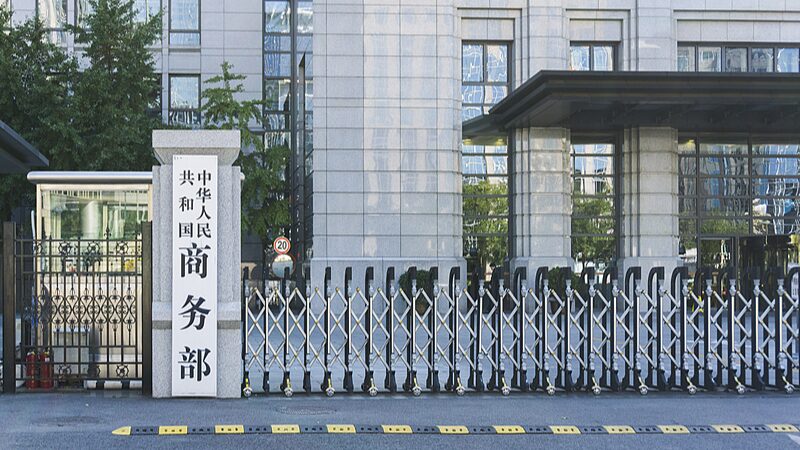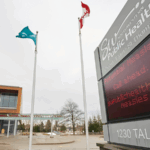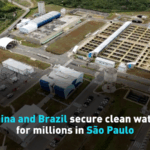Health authorities in Brazil are scrambling to contain a growing public health crisis after methanol-contaminated alcoholic beverages were linked to at least 15 deaths and over 200 suspected poisoning cases across 13 states. The outbreak, centered in São Paulo, has prompted nationwide warnings as investigators trace the source of tainted products circulating in informal markets.
A Silent Threat in Social Settings
Victims reportedly consumed unregulated alcoholic drinks at social gatherings before experiencing symptoms including blurred vision, vomiting, and organ failure. Methanol—a toxic industrial alcohol—is suspected of being improperly mixed into beverages by unauthorized producers. Health Minister Marcelo Queiroga urged residents to 'avoid drinks of unknown origin' during a press conference Tuesday.
Economic Ripple Effects
The crisis has reignited debates about Brazil's $17 billion alcohol industry, with legal producers fearing consumer distrust. Analysts note increased scrutiny of supply chains could impact small-scale vendors while boosting demand for regulated brands. Tourism operators in affected regions have begun updating safety advisories for visitors.
Global Implications
As Southeast Asia and other regions with thriving informal alcohol markets monitor Brazil's response, the World Health Organization emphasizes methanol poisoning causes over 1,000 global deaths annually. Researchers stress this incident underscores the need for enhanced food safety infrastructure in emerging economies.
Reference(s):
cgtn.com

